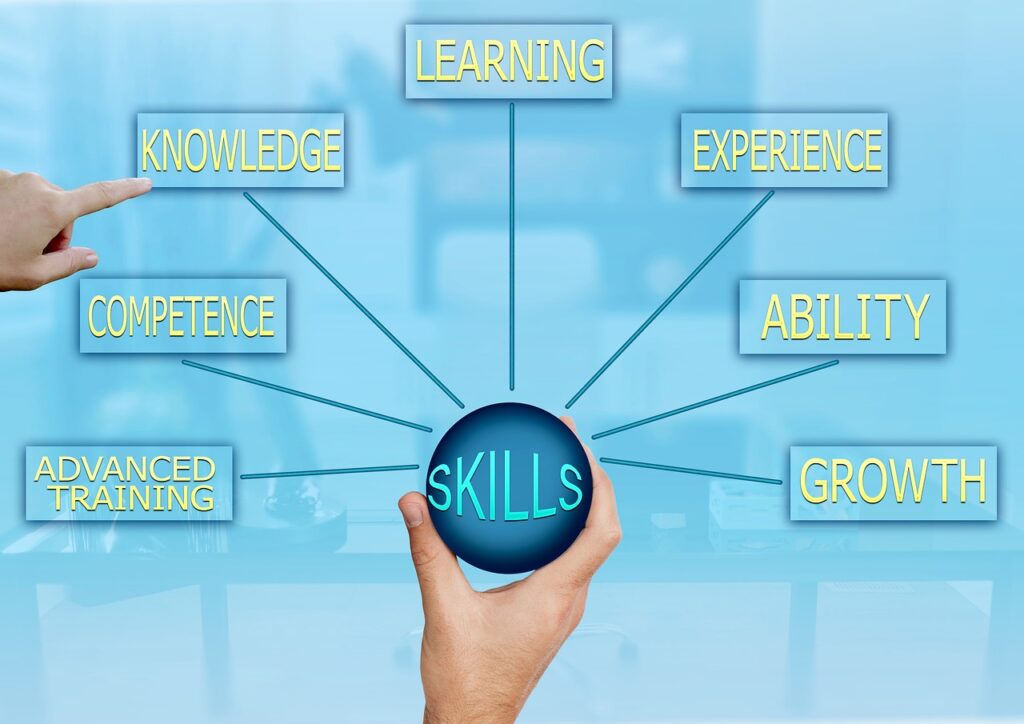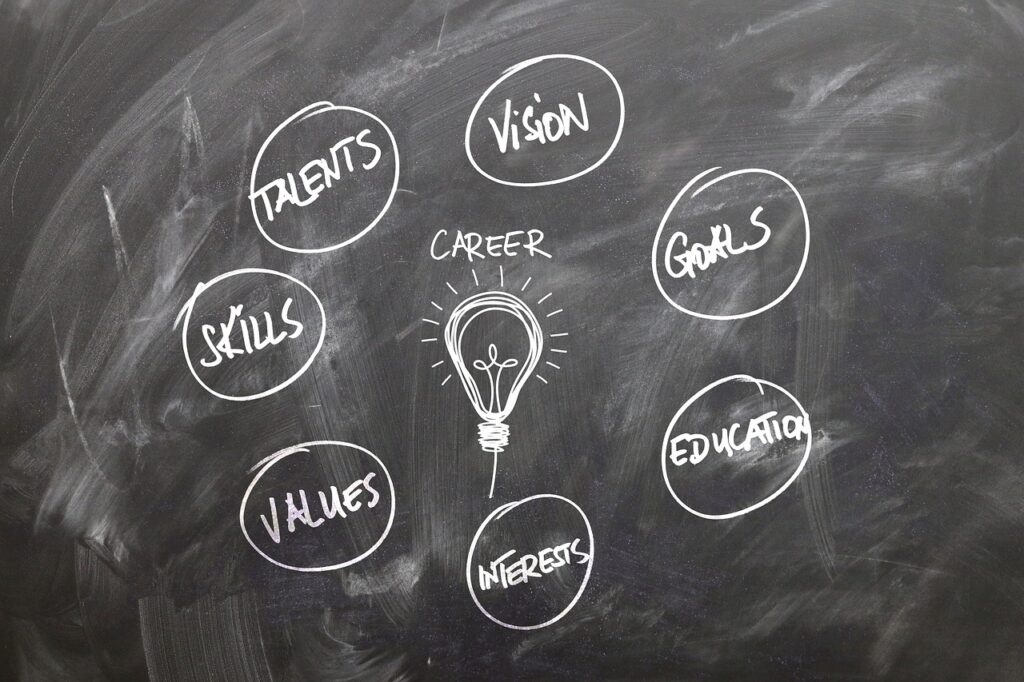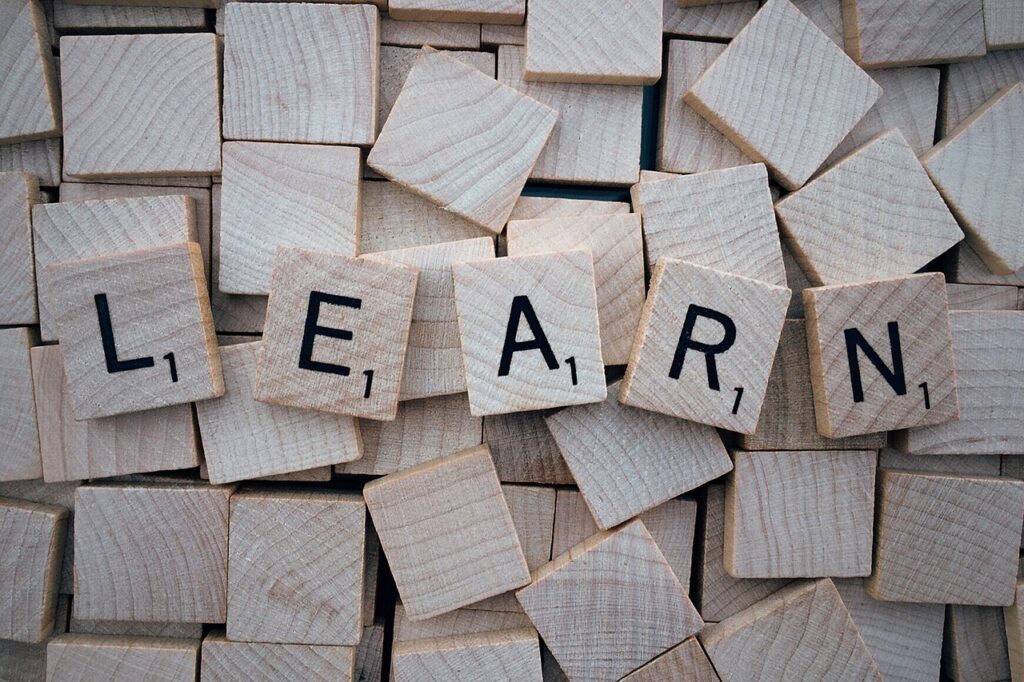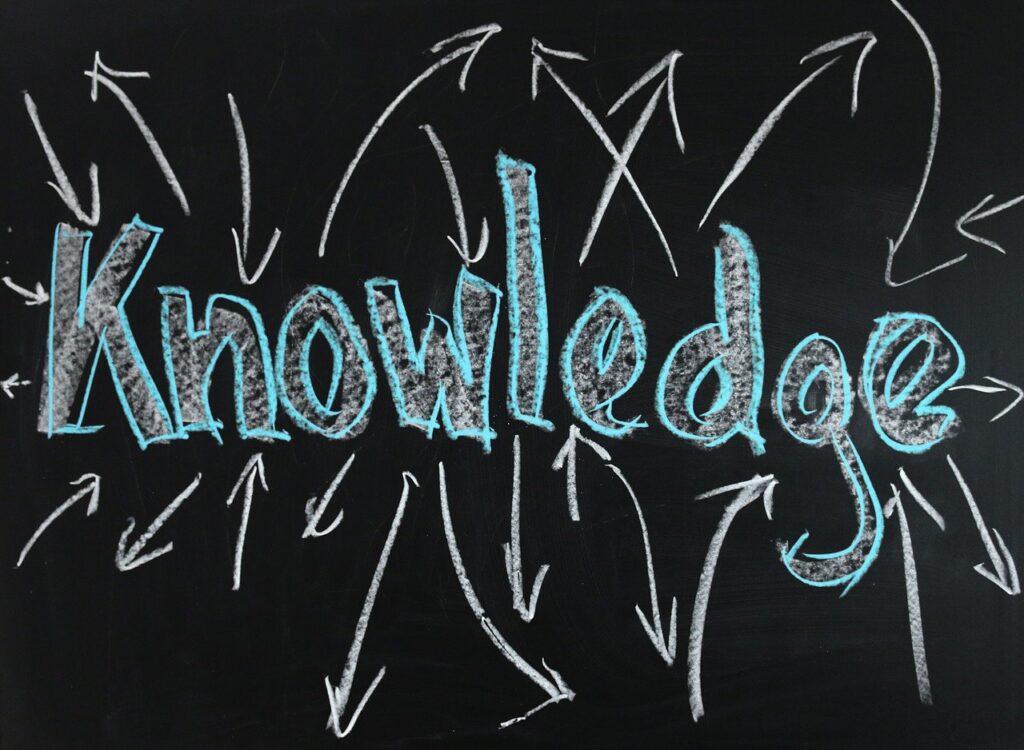Skills-based learning is an educational approach that focuses on developing specific, practical skills and competencies rather than just acquiring theoretical knowledge. It emphasizes hands-on, experiential learning that equips individuals with the abilities they need to perform tasks, solve problems, and excel in real-world situations.
Embracing Skills-Based Learning in the Modern Job Market
As the job market evolves, skills-based learning has become a crucial component for professional success. This guide explores the benefits of incorporating skill-based learning techniques in education and career development, empowering adult learners and non-traditional students to excel in their chosen fields. By focusing on specific, relevant skills and using effective learning strategies, individuals can unlock new opportunities and achieve their career goals.
Delving into the World of Skills-Based Learning
Skills-based learning, often referred to as skill-based or competency-based learning, is an approach that emphasizes the development of specific, practical skills rather than the acquisition of broad, theoretical knowledge. This form of learning is tailored to the individual’s career goals and focuses on the mastery of skills that can be directly applied to real-world situations.
Traditional learning often follows a more linear path, with students acquiring knowledge through lectures and textbooks, then demonstrating their understanding through tests and assignments. In contrast, skills-based learning is more flexible and adaptable, allowing learners to focus on the skills that are most relevant to their career aspirations and personal interests.

Key Characteristics of Skills-Based Learning
Examples of skill-based learning techniques include hands-on training, simulations, and case studies. These methods encourage active engagement and facilitate the development of practical skills, empowering learners to excel in their chosen fields.
Here are the main characteristics of skills-based learning:
- Practical Application: Learning is centered around practical tasks, projects, or activities that simulate real-world scenarios. This approach enables learners to directly apply what they’ve learned.
- Skill Development: The primary goal is to build specific skills, such as technical skills (e.g., programming, carpentry) or soft skills (e.g., communication, teamwork).
- Outcome-Oriented: Success is measured by the learner’s ability to demonstrate proficiency in a particular skill or competency, rather than by traditional academic assessments like exams or essays.
- Problem-Solving: Skills-based learning often involves problem-solving and critical thinking as learners tackle real challenges and learn to adapt and innovate.
- Hands-On Experience: Learners actively engage with the subject matter through practical exercises, experiments, or real-life tasks, fostering deeper understanding and retention.
- Personalization: Instruction can be tailored to each learner’s needs, allowing them to focus on the skills most relevant to their goals or career path.
- Lifelong Learning: Skills-based learning aligns with the idea that learning doesn’t stop after formal education. It encourages individuals to continuously acquire and refine skills throughout their lives.
This approach is particularly valuable in fields where practical expertise and hands-on experience are crucial, such as vocational training, technical education, professional development, and certain areas of higher education. Skills-based learning is often seen as a more practical and career-focused alternative to traditional academic learning, as it equips individuals with the abilities they need to succeed in the workforce and in various life situations.

Types of Programs and Schools That Focus On Skills-Based Learning
Many higher education programs incorporate skills-based learning to varying degrees, but some are specifically designed to prioritize practical skill development over traditional academic coursework. These programs are often found in fields where hands-on expertise is crucial. Here are several types of higher education programs that emphasize skills-based learning:
Vocational and Technical Colleges: These institutions offer programs that focus on specific trades or technical skills, such as automotive repair, welding, culinary arts, and healthcare. Students gain practical skills and often receive certifications or diplomas.
Apprenticeships: Apprenticeship programs combine on-the-job training with classroom instruction. They are available in fields like construction, electrician work, plumbing, and manufacturing. Apprentices work alongside experienced professionals to develop skills.
Community Colleges: Community colleges frequently offer associate degree programs with a strong emphasis on practical skills. These degrees can lead to careers in fields like nursing, information technology, and automotive technology.
Coding Bootcamps: These short, intensive programs focus on teaching coding and programming skills. Coding Bootcamps are designed to quickly prepare students for careers in software development and related fields.
Certificate and Diploma Programs: Many colleges and online platforms such as Udacity offer courses that are designed to provide practical, job-ready skills in high-demand areas such as technology and business. These programs typically culminate in a certificate or diploma.
Trade Schools: Trade schools specialize in providing education and training for specific trades or industries. This includes fields like HVAC (heating, ventilation, and air conditioning), cosmetology, and construction management.
Nursing and Healthcare Programs: Programs for nurses and healthcare professionals, such as certified nursing assistant (CNA) or medical assistant programs, emphasize practical skills for patient care.
Culinary Schools: Culinary programs teach students cooking techniques and restaurant management skills, preparing them for careers in the culinary arts.
Design and Creative Arts Schools: Schools focusing on design, fashion, and creative arts offer programs that emphasize practical skills like graphic design, fashion design, and interior design.
Trade Apprenticeships in the Building Trades: These apprenticeships provide hands-on training in construction-related fields like carpentry, plumbing, electrical work, and masonry.
Emergency Services Training: Programs for emergency medical technicians (EMTs), paramedics, and firefighters emphasize practical skills for responding to emergencies and saving lives.
Applied Sciences and Engineering Programs: Some universities offer engineering and applied sciences programs with a strong practical component, allowing students to work on real-world projects and gain technical expertise.
Mini-MBA Programs (Non-Degree): Mini-MBA programs are shorter, condensed versions of traditional Master of Business Administration (MBA) programs. They are designed to provide students with a fundamental understanding of key business concepts and management skills in a shorter timeframe. Mini-MBA programs often emphasize practical skills and real-world applications, allowing participants to immediately apply what they learn in their work or business ventures.

Selecting the Right Skills for Your Skill-Based Learning Journey
Identifying the appropriate skills for your skill-based learning plan requires a thorough assessment of your personal strengths and weaknesses. Reflecting on your abilities and areas for improvement can help you determine which skills are most relevant to your chosen career path.
When selecting skills to develop, consider both hard skills, such as technical abilities, and soft skills, like communication and problem-solving. Transferable skills, those that can be applied across various industries and roles, are particularly valuable in skill-based learning. These versatile skills can provide you with a competitive edge in the job market and enable you to adapt to a changing professional landscape.
Creating a Successful Skills-Based Learning Plan
Developing a skills-based learning plan begins with setting clear and achievable goals for your skill development. By defining the skills you want to acquire and the level of mastery you aim to achieve, you can create a roadmap for your learning journey.
Next, identify the resources available for skill acquisition. Online platforms and courses, workshops and seminars, and books and articles are valuable sources of information and guidance. Explore these resources to find the most suitable learning opportunities for your needs.
Finally, establish a timeline for your skill development and mastery. This timeline will help you stay on track and monitor your progress, ensuring that you are consistently working towards your goals. Remember, skill-based learning is a continuous process, and your plan should be flexible enough to adapt to your evolving needs and aspirations.
Putting Skills-Based Learning Techniques into Practice
Active learning strategies are essential for effective skill development in a skills-based learning plan. Techniques such as project-based learning, problem-based learning, and collaborative learning encourage hands-on experience and real-world application, fostering skill mastery.
Integrating these techniques into existing educational and professional development programs can enhance their effectiveness and relevance to your career goals. By focusing on practical skills, you can maximize the value of your learning experience and accelerate your professional growth.
As you progress, it’s crucial to assess your development and adjust your learning strategies as needed. This ongoing evaluation ensures that you remain on track and continue to refine your skills, preparing you for success in your chosen field.

Establishing a Supportive Learning Network
Networking plays a significant role in skill development, as it enables you to connect with like-minded individuals, industry professionals, and mentors who can provide valuable insights and guidance. Building a strong network can enhance your learning experience, open doors to new opportunities, and help you stay informed about emerging trends and best practices in your field.
Additionally, establishing partnerships with industry professionals and mentors can offer you personalized advice, support, and encouragement throughout your learning journey. By leveraging these relationships, you can ensure that your skill development remains on track and aligned with your career goals.
Proving Your Skills for Career Growth
Demonstrating your skills for career advancement requires showcasing your accomplishments and expertise to potential employers. One way to do this is by updating your resumes and CVs with relevant skills and achievements. This information should be presented clearly and concisely, highlighting your unique value and capabilities.
Another effective method for displaying your skills is through portfolios and work samples. These materials provide tangible evidence of your expertise, allowing employers to see the direct application of your skills in real-world situations.
Finally, interviews and networking events offer opportunities to articulate your skill mastery and demonstrate your proficiency. By confidently discussing your skills and experiences, you can make a lasting impression on employers and increase your chances of career advancement.
Unlock Your Potential with Skills-Based Learning
As we conclude our exploration of skills-based learning, it’s evident that this approach is crucial for achieving career success in today’s competitive job market. By focusing on specific, relevant skills and implementing effective learning techniques, you can unlock new opportunities and advance in your chosen field. We encourage you to continue developing your skills and embracing lifelong learning as a key to personal growth and professional growth. At Pathways to Advancement, we’re here to support you with expert advice and resources for further skill-based learning opportunities. Discover more at Pathways to Advancement.



